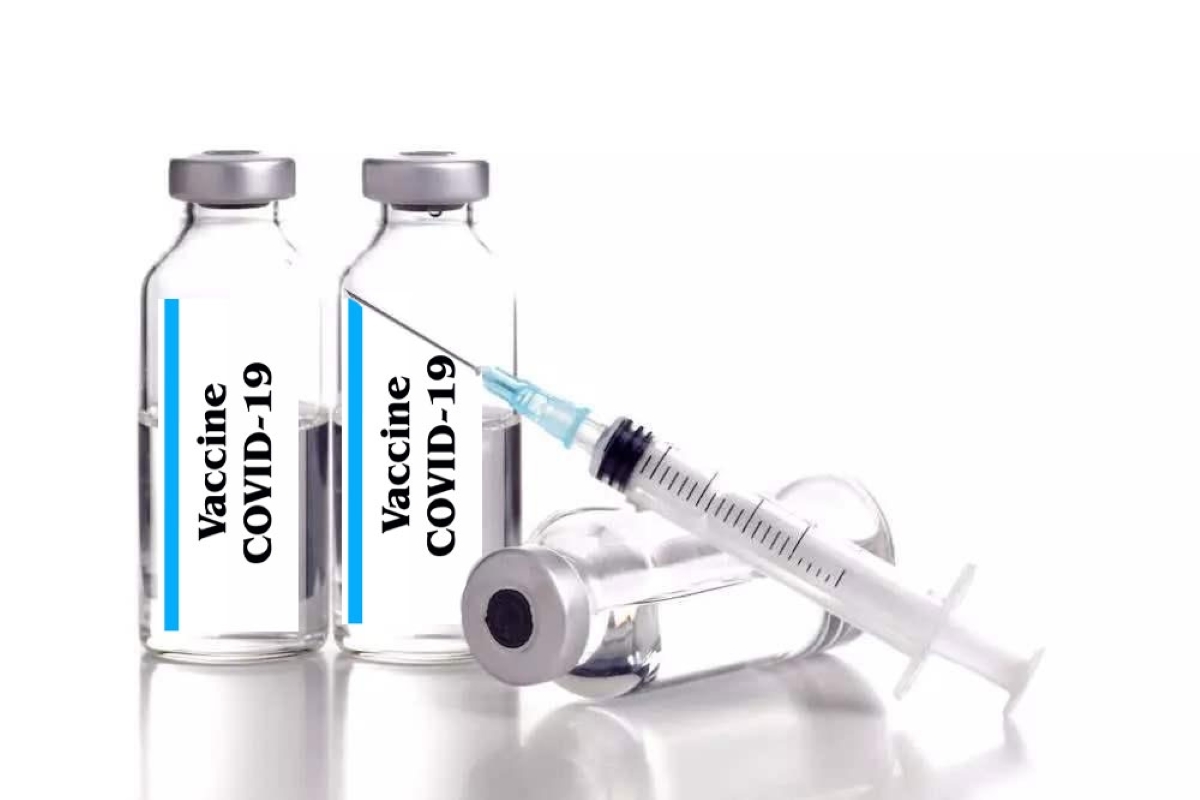Afghanistan: WHO reports surge in acute respiratory disease
According to the WHO report, more than 206,000 people were infected with respiratory diseases during this period, out of which 506 lost their lives.
Canada and the UK were technically entitled to get vaccines via this route having paid into the Covax mechanism, but it was still “morally indefensible” given that they had both obtained millions of doses through their own bilateral agreements, Oxfam’s Global Health Adviser, Rohit Malpani, was quoted as saying.

Representational image
The inequity in vaccine distribution and availability will stretch the pandemic until 2022, the World Heath Organisation said.
According to Bruce Aylward, senior leader at the WHO, this means the Covid crisis could “easily drag on deep into 2022”, the BBC reported.
Advertisement
Aylward appealed to wealthy countries to allow the lowest-income countries to place orders in pharmaceutical companies for their vaccines and also get priority. Africa, the second-largest and the second most-populous continent in the world has vaccinated less than 5 per cent compared to 40 per cent on most other continents.
Advertisement
He said that wealthy countries needed to “stocktake” where they were with their donation commitments made at summits such as the G7 meeting in St. Ives earlier this year.
“I can tell you we’re not on track. We really need to speed it up or you know what? This pandemic is going to go on for a year longer than it needs to,” he said.
Just one in seven of the doses promised by pharmaceutical companies and wealthy countries are actually reaching their destinations in poorer countries, suggest new figures from The People’s Vaccine – an alliance of charities, the report said.
The vast majority of Covid vaccines have been supplied to high-income or upper middle-income countries. Africa accounts for just 2.6 per cent of doses administered globally.
The group of charities, which includes Oxfam and UNAIDS, also criticised Canada and the UK for procuring vaccines for their own populations via COVAX, the UN-backed global programme to distribute vaccines fairly, the report said.
COVAX was initiated so that all countries would be able to acquire vaccines from its pool, including wealthy ones, but most G7 countries decided to hold back once they started making their own one-to-one deals with pharmaceutical companies.
Canada and the UK were technically entitled to get vaccines via this route having paid into the Covax mechanism, but it was still “morally indefensible” given that they had both obtained millions of doses through their own bilateral agreements, Oxfam’s Global Health Adviser, Rohit Malpani, was quoted as saying.
“They should not have been acquiring these doses from Covax,” he said. “It’s nothing better than double-dipping and means that poorer countries which are already at the back of the queue, will end up waiting longer.”
Advertisement